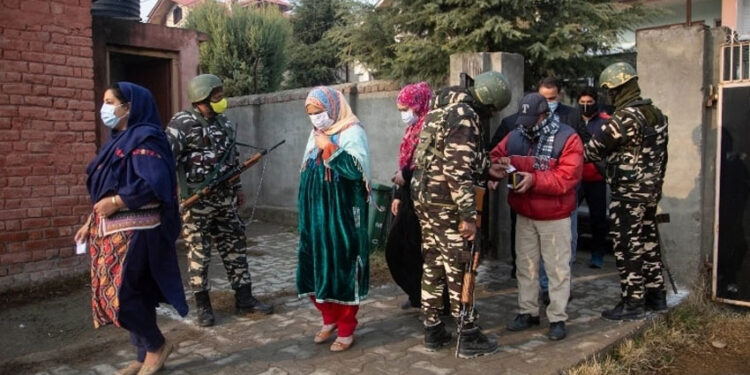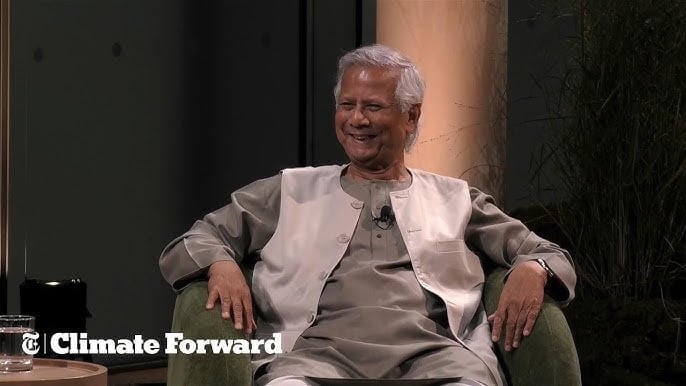
Online Desk: United Nations: The OIC Contact Group on Kashmir has reaffirmed its support for the Kashmiri people’s “legitimate” struggle for their right to self-determination and firmly rejected Indian leaders’ “unwarranted” claims over Azad Jammu & Kashmir and Gilgit-Baltistan.
A joint communiqué issued after the meeting also underscored that the Indian parliamentary polls or legislative assembly elections in Indian illegally occupied Jammu and Kashmir (IIOJK) cannot serve as a substitute for granting the right to self-determination to the Kashmiri people.
It emphasized that durable peace and stability in South Asia remain contingent upon the final settlement of the Kashmir dispute in accordance with UN Security Council resolutions and the aspirations of the Kashmiri people.
The meeting, which included ministers and senior officials from Pakistan, Turkey, Saudi Arabia, Azerbaijan, and Niger, was presided over by OIC Secretary-General HisseinBrahimTaha. It was held on the sidelines of the UN General Assembly’s 79th session.
Pakistan was represented at the Contact Group by Defence Minister Khawaja Mohammad Asif.
Other participants included Turkey’s Deputy Foreign Minister Nuh Yilmaz, Azerbaijan’s Deputy Foreign Minister ElnurMammadov, Saudi Ambassador Haitham Al-Aalki, and Niger’s Director of International Organizations at the Foreign Ministry, Hama KnsayeSouleymane. Dr. Ghulam Nabi Fai, Secretary-General of the World Kashmir Awareness Forum, attended in his capacity as a true representative of the people of Jammu and Kashmir.
At the outset, Khawaja Asif briefed members of the Contact Group about the deteriorating situation in Indian-occupied Kashmir, stating that human rights abuses were rampant.
The communiqué called for reversing all illegal and unilateral measures taken on or after August 5, 2019, stopping the gross, systematic, and widespread human rights abuses in Indian-occupied Kashmir, halting and reversing the illegal demographic changes in the disputed territory, and allowing unrestricted access to UN special procedures, international media, and independent observers to visit the region.






